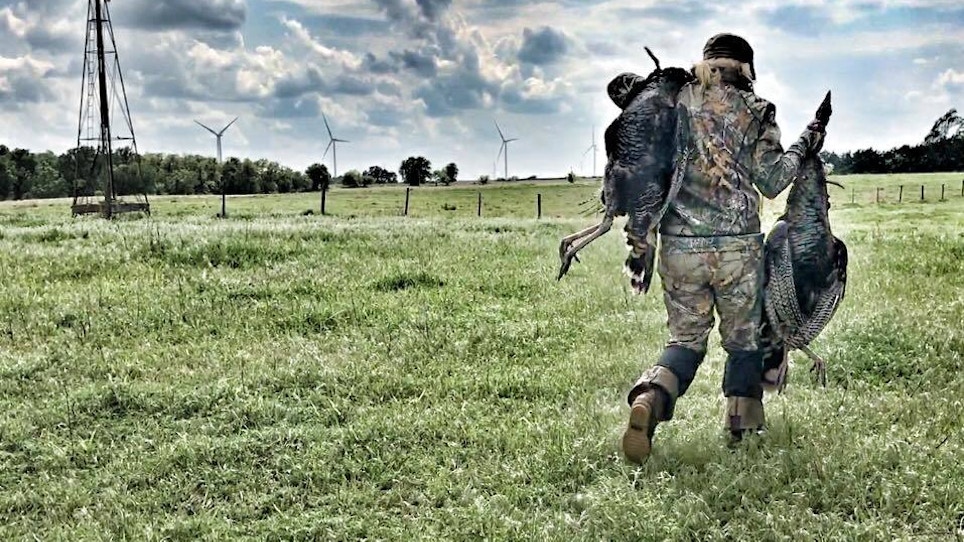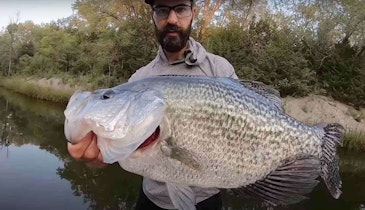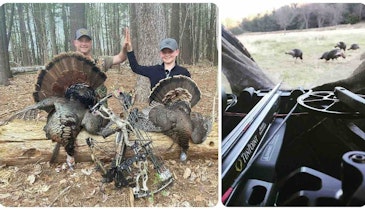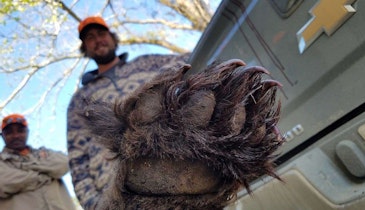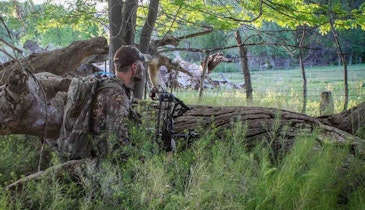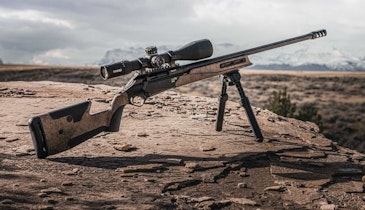"Death waits for no man." — Markus Zusak
I believe hunting is primal, even for humans, but I also believe some humans are more primal than others. I think there are guys who sit all day and hunt and never wonder what it all means. And I think that is good. And I think it's a trait worthy of envy. But I'm not one of those people.
These are the things I thought about when I killed a wild turkey and, then, another. A double. Yay. Except, I had a small bit of regret. They were beautiful out there in the open, wandering, doing their thing, scouting for food in such a natural, rhythmic way. They had until sunset, nowhere to be but the roost and it was too early for that. It was breezy and they had congregated on a ridge. The birds were backlit by the late-afternoon sun, and, at their feet, tender, pink wildflowers had risen just mere centimeters above the plain of the green pasture.
I had disrupted all of these things. And therein lies the regret. Is it because I'm a girl? Maybe. But I don't think so. I've had conversations with guys who feel a twinge of something, for a brief moment. "It feels like levity, a pause maybe, yeah, possibly regret," a male co-worker once told me. These are the questions I ask myself: If I hadn't flown out to Kansas, how much longer would these two turkeys have lived? Does it matter? Do many others care too, or am I alone in how I think? Is it weak to wonder?
It's just that it seems unfair. Like how it's unfair that I was born in America, while someone else is born in some hole in South Sudan where rebel warriors burn down modest family homes with little cook stoves and cots of straw inside. (I don't really know what adorns the homes of South Sudan.)
Yes, unfair. I live, a turkey dies. Who decides? Me? The end of my shotgun? Nature? God? The fact that I have a brain that's larger than the walnut-sized brain of the turkey — suppose that's the deciding factor? But then I think about my grandmother's oak tree, and this premise of my good luck or human dominance or both is challenged. Because my grandmother is dead, while her front-yard oak tree lives on. Nature endures. And that seems damned unfair too, except it's worse because I care about my Gran way more than I'll ever care about a bird with a walnut-sized brain. So this oak just stands there, every day, proud as punch. Its branches cast cooling shade over an empty home. It's so vast and effective that, when Gran lived there, her AC wouldn't kick on until nearly lunchtime because of the shade of that tree.
But now it doesn't matter if the house stays cool because no one is inside. So why does the oak still stand, lording over the empty house and boxing out the sun like a gangly NBA forward? Your work here is done, Oak. You serve no purpose. And it's not fair.
So the hunter outlives the turkey and the oak tree outlives us all. And none of it makes any sense for me unless I understand that death waits for no man. The only variance is the succession by which it happens. And who's to say what's best? A human can milk some extra time thanks to modern medicine. But is that a win? At some point, extending life only delays death in favor of a slow decay. And that's no good either. That leaves me kind of wondering, maybe the turkey is better off? No matter what, the bird avoids the nursing home, which is something my grandmother wasn't able to do. And maybe the oak's penance for outliving us all is it's rooted in the ground. It will never wander like the wild turkeys or other living things with legs and hunger and curiosity. So there's that.
This whole analysis is a bit heavy and melodramatic, right? I don't think so, because I know what other hunters know. Every mind measures death's meaning. Many choose to measure while gazing absently at a printed program, crammed alongside mourners in a stuffy funeral home. But for us, the woods is a classroom. It's the place we go to measure where we stand, and it's how we reconcile this peculiar journey. One that's shaped by an unwanted dualism where we have no say in the bookends that frame a life: how we're pushed into the world in a flash, and how unceremoniously we're pushed out.
